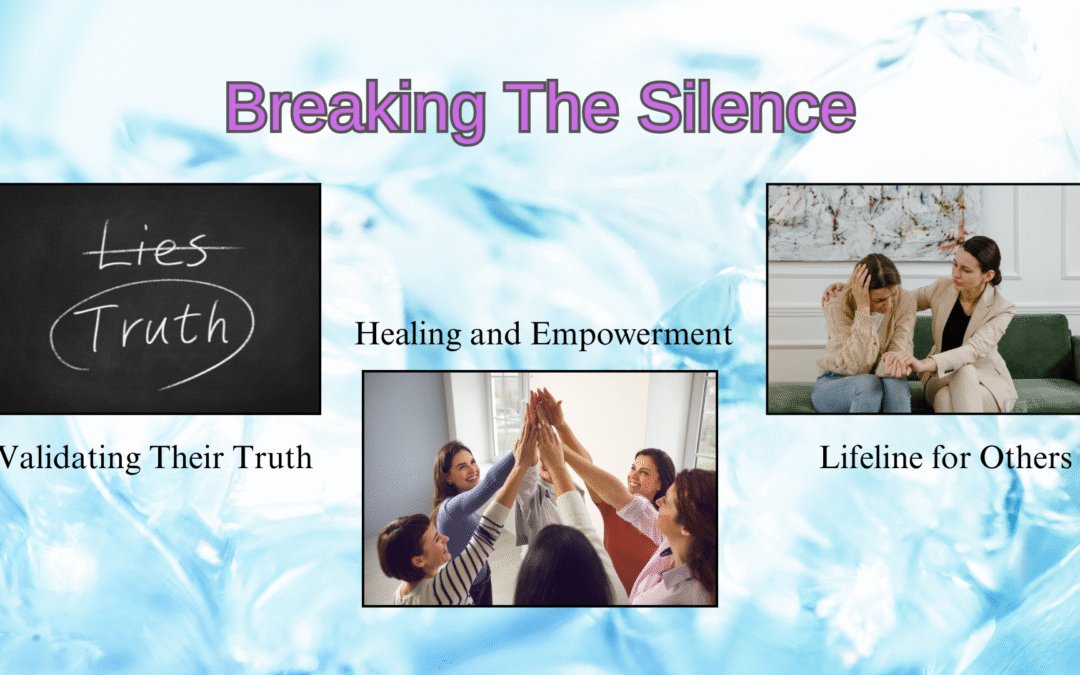Publishing your journey through domestic abuse, while incredibly difficult, often stems from a motivation that goes far beyond simply “telling a story.”
Here are some of the real reasons behind this courageous act:
-
Breaking the Silence and Stigma: Domestic abuse thrives in secrecy. Abusers isolate their victims, making them feel ashamed, alone, and responsible for what’s happening. When a survivor publishes their story, they shatter that silence, demonstrating that abuse is not a personal failure but a societal problem. This act directly combats the intense stigma associated with domestic violence, making it easier for others to come forward.
- Healing and Empowerment: Writing and sharing one’s experience can be a powerful therapeutic tool. It allows survivors to process trauma, make sense of their past, and reclaim their stories. Instead of being defined by the abuse, they become the authors of their own strength and determination. It’s a way of turning pain into purpose and taking back control.
-
Advocacy and Education: Many survivors publish their stories with the explicit goal of helping others. They want to educate the public about the dynamics of abuse, the red flags, the manipulation tactics, and the profound impact it has. Their personal experiences become invaluable resources for understanding, prevention, and intervention. They become advocates for change, often lobbying for better laws, resources, and support systems.
-
Creating a Lifeline for Others: Reading a survivor’s story can be a lifeline for someone currently experiencing abuse. It can be the first time they see their own reality reflected, realise they are not alone, and understand that escape and recovery are possible. These stories offer hope, validation, and practical insights into navigating dangerous situations and seeking help.
-
Holding Abusers Accountable (in a different way): While the legal system is designed to hold abusers accountable, it often falls short. Publishing a story can expose patterns of behaviour and highlight systemic failures. While it’s not a legal verdict, it can contribute to public awareness and pressure for greater accountability.
-
Validating Their Truth: Abusers often gaslight and manipulate their victims, making them doubt their own sanity and perception of reality. Publishing their truth is a powerful affirmation of what they endured. It says, “This happened, it was real, and my experience is valid.” This can be crucial for a survivor’s psychological recovery.
-
Building Community and Connection: By sharing their stories, survivors connect with others who have similar experiences. This creates a powerful sense of community, reducing isolation and fostering mutual support. It allows for collective healing and collective action.
In essence, publishing a journey through domestic abuse is not about seeking pity or revenge. It’s about courage, healing, advocacy, and a profound desire to turn personal suffering into a spark for positive change for others. It’s a testament to the unstoppable human spirit’s ability to not only survive but to thrive and inspire.

What Type Of Man? Updated 2024 Version Available on Amazon Now!
Amazon US: https://www.amazon.com/dp/B0B1RVQQDH
If you live in the UK: https://amzn.to/3NBlQbx
Draft 2 Digital Spanish: https://books2read.com/u/mqBDvO
Draft2Digital English: https://books2read.com/u/3RL6J
Ready to deepen your understanding and begin your healing journey? Visit our Shop page for a curated collection of recommended reading that educates on the different forms of domestic abuse and guides you toward recovery and empowerment.


